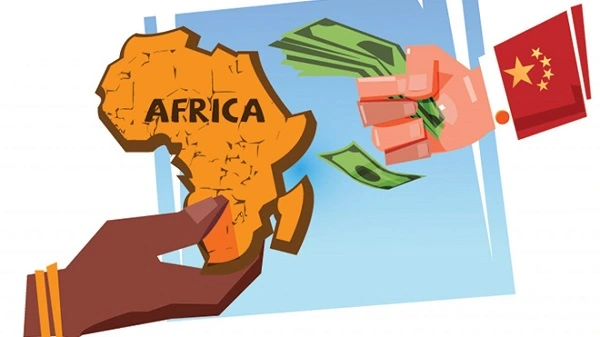The African Forum and Network on Debt and Development (AFRODAD) is now partnering with the Southern African Development Community ( SADC) Parliamentary Forum.
Their goal? To improve how Africa manages debt, focusing on countries with heavy burdens.
From 2004 to 2018, thirty African nations took out $66 billion in loans, backed by natural resources, with China significantly contributing to the continent’s debt.
AFRODAD, starting in 2007, tackles Africa’s rising external debt, now at $1.13 trillion.
This debt forces countries to choose: pay off loans, fund development, or stabilize currencies.
In the past ten years, debt has soared in 40 African nations, squeezing budgets and pushing down exchange rates.

This new partnership aims to push for smart debt and financial policies. It highlights the need for good financial rules to support sustainable growth.
A key part of this effort is the SADC Model Public Financial Management Law, inspired by the Abuja Treaty, to build a strong African Financial Architecture.
Global economic shifts, especially rising interest rates, have made Africa’s debt more expensive to service.
Jason Rosario Braganza, AFRODAD’s Executive Director, sees this partnership as vital for promoting sustainable financial practices and tackling climate issues.
It’s a significant move toward sustainable growth and climate fairness in Africa.
Countries like Kenya, South Africa, and Nigeria face the most debt, measured against their GDP.
Rising debt, driven by costly loans and global financial policies, threatens Africa’s future growth.
25 African countries face debt crises, highlighting AFRODAD and SADC Forum’s vital role in improving Africa’s financial management.
Their partnership is key to helping African countries handle debt wisely and invest in their future with fewer loan burdens.

